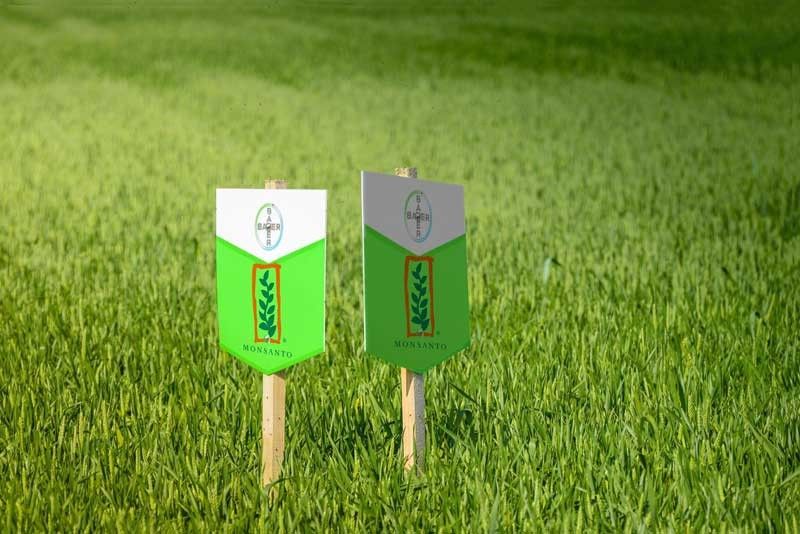Bayer boosts research and development after $63 billion buyout of agrochem firm

MANILA, Philippines — Global health care and agriculture firm Bayer aims to accelerate the pace of innovation to help farmers grow better harvests.
Bayer head of seeds for Asia Pacific Amit Trikha told The STAR that the company’s $63 billion acquisition of agrochemical firm Monsanto would strengthen its R&D (research and development) capability.
“With the acquisition, farmers will benefit from a broad range of solutions to meet their current and future needs, including improved solutions in seeds, , digital agriculture, and crop protection. The acquisition improves our ability to bring innovation to our customers and the communities,” Trikha said.
Prior to the Monsanto acquisition, Bayer spent around 1.1 billion in euros for its R&D activities. This has gone up to around 2.4 billion euros a year.
Trikha said the acquisition would allow Bayer to tap a much bigger footprint, noting that the merger of the two companies is grounded by three strategic pillars namely innovation, sustainability and digital transformation.
“It’s all about delivering innovation to the farms faster,” Trikha said as he stressed the need to tap a wider base of smallholder farmers.
“Smallholder farmers need to adapt good agricultural practices to meet changing weather conditions. With our quality seeds and tailored services, we can help them overcome the challenges they are facing everyday,” he said.
Bayer ranked second among 24 companies on the Access Seeds Foundation’s Regional Index for South and Southeast Asia. The company was recognized for its genetic resource contributions, efforts to support sustainable rice production practices, its focus on providing training for women and its child care program.
“We are proud that our efforts to grant smallholder farmers access to high-quality seeds and help them grow their businesses are recognized,” said Jens Hartmann, Bayer Asia Pacific head for the crop science division.
“Companies like Bayer play an important role in improving access to seeds for farmers in food-insurance regions like Asia. The ranking shows we are on the right track, and motivates us to do even better in the future,” he added.
Trikha said the company has excellent resources and profound experience in rice, millet and cotton. Bayer aims to expand further with the addition of more vegetable crops.
Improving the productivity of smallholder farmers is one of the main targets of the United Nation’s Sustainable Development Goals (SDGs), Bayer said.
Trikha said the company intends to provide Filipino farmers with more technologies to improve their productivity.
“This is one of the most reliable ways to enhance self food security in the country and also to enable small holder farmers in the Philippines who are affected by typhoons and climate change issues that are becoming more drastic,”Trikha said.
“I think digital transformation will improve farm efficiency as farmers will be able to predict the weather and the market prices,”he added.
Trikha said providing more information to farmers goes hand in hand with promoting sustainability.
This involves empowering small farm holders and enhancing their farming potential in a sustainable manner.
“So we work on promoting agricultural practices which are sustainable. Sustainability for us is not only about responsible use, but it starts from bringing in better products, which are much safer and conform to the rest of international standards,” he added.
Trikha said Bayer plans to work with more partners, both public and private stakeholders, in line with its commitment to help improve the lives of farmers.
- Latest




























